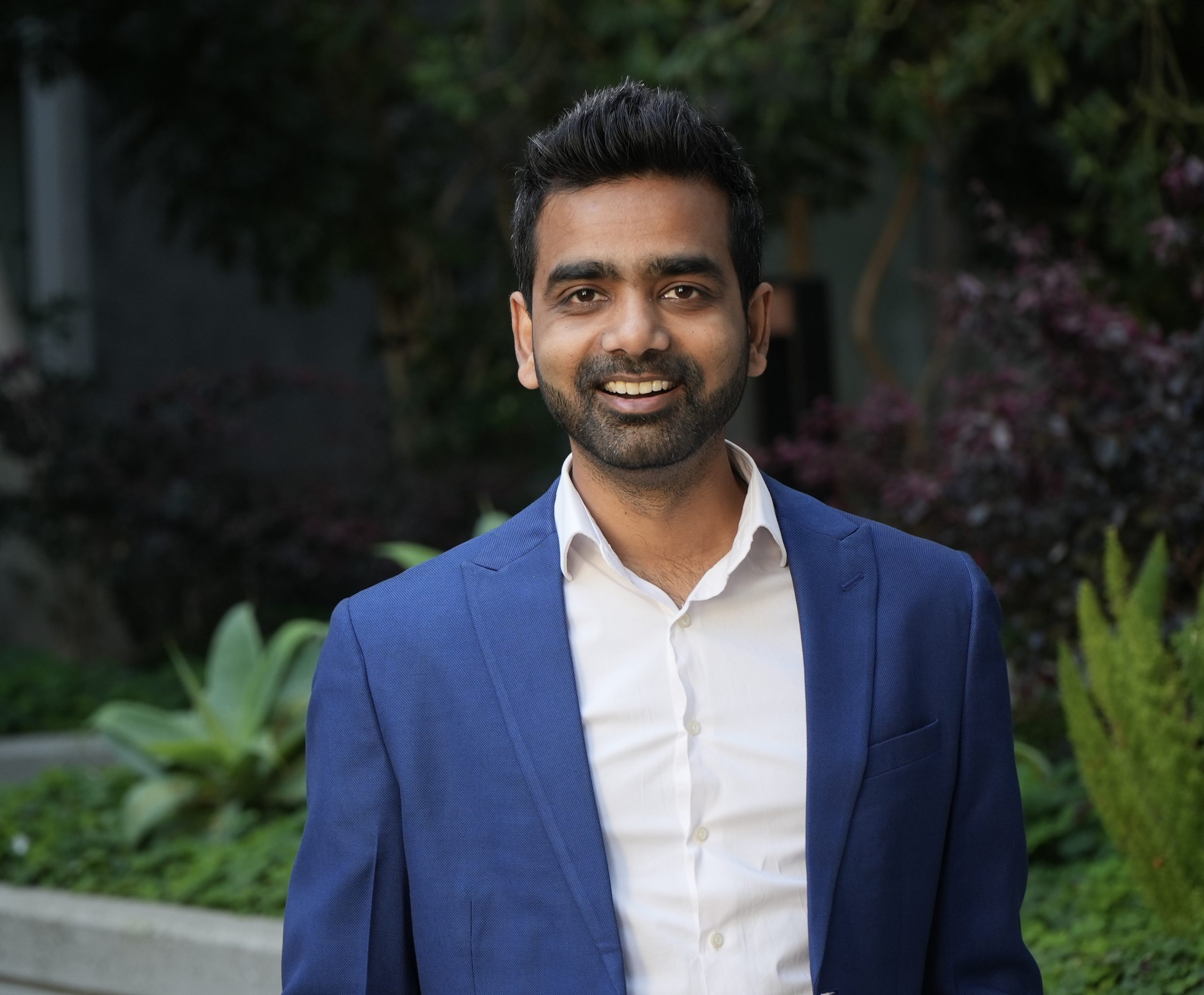Along with two of my friends, Nick Frosst and Ivan Zhang, I founded Cohere a few years ago to try to realize the potential of artificial intelligence and large language models (LLM). I was fortunate enough to co-author the paper “Attention is All You Need,” which helped change the direction of research in the field. Working with so many of the top minds in the field truly excited me and made me realize that, as the youngest member of that team, I had come into a field that was redefining the technology landscape. I felt I needed to seize on this incredible opportunity, and founded Cohere, which we are working to make the leading enterprise AI company in the world.
What it’s made me realize is that everything is a combination of ability, but even more, timing.
Coming into my own right at the moment that people were beginning to take AI really seriously, and having had the opportunity to study with Geoffrey Hinton at the University of Toronto, was incredibly lucky, and now I’m trying to make sure that I take advantage of all of those fortunate events coming together.
The landscape for product experiences is going to be completely transformed by AI in the coming years. Right now every business is scrambling to put an AI strategy in place. Given the complexities of the technology, they need a partner with the knowledge and resources to help them take advantage of its power. They also need a partner that understands the needs of business. That’s why Cohere has secured the talent and compute required to build an AI platform that offers data-secure deployment options, customization, and customer support.
As an industry and at Cohere, consistency, and transparency are two things we need to continue improving in AI models. Models are still making mistakes, often referred to as hallucinations. To combat this, we are working on something called Retrieval Augmented Generation (RAG) which gives models the ability to expand their knowledge base by searching the web or datasets that are updated in real-time to retrieve up-to-date information. RAG provides massive value for the enterprise. By training models to cite sources, users can fact check outputs and no longer need to blindly trust a model. This also helps to combat misinformation and hallucinations, while also building trust with users.
This technology is going to have a profound impact on society for the better. It’s already enabling the most promising advances in healthcare we’ve seen in over a century, and recent work suggests that the productivity increase to knowledge workers could match history’s greatest leaps in efficiency enabled by technology. Investment in this technology will save countless lives, enable extraordinary economic productivity, and enable a new generation of products to come to life.





